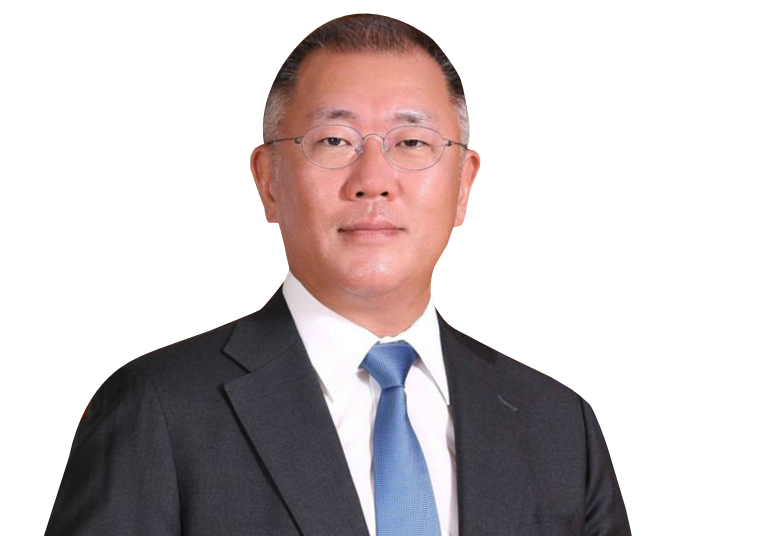Hyundai Motor Group has set out its vision for hydrogen energy and a global hydrogen society.
At the Hydrogen Wave global online forum held on Tuesday, the group presented its plans to popularize hydrogen by 2040 through the introduction of new technologies and mobility solutions in transportation and other industrial sectors. It envisions a future where hydrogen energy will be used not only for transportation but will also be applied to wider areas of industries and sectors.
Further underscoring its commitment to clean sustainable energy for all types of mobility, the group unveiled plans that will see the electrification of all new commercial vehicle models — featuring fuel cell electric or battery electric powertrains, as well as the application of fuel cell systems — to all models by 2028.
The Hydrogen Wave activities kicked off with an online presentation led by chairman Euisun Chung and other senior executives. The team outlined the group’s future hydrogen strategy for fuel cell systems and fuel cell-based solutions for mobility and other areas.

Hyundai Motor Group’s vision is to apply hydrogen energy in all areas of life and industry such as our homes, workplaces and factories.
Euisun Chung
Chairman of Hyundai Motor Group
The group’s central target to fully apply its commercial vehicle lineup with fuel cells by 2028 will make it the first global automaker to realize such ambitions for commercial vehicle transportation and will further help facilitate the transition to true sustainable mobility.
FASTFACT
The group unveiled plans that will see the electrification of all new commercial vehicle models — featuring fuel cell electric or battery electric powertrains.
“Hyundai Motor Group’s vision is to apply hydrogen energy in all areas of life and industry such as our homes, workplaces and factories. The goal is to make hydrogen readily available for everyone, everything, and everywhere,” said Chung at the Hydrogen Wave forum. “We want to offer practical solutions for the sustainable development of humanity and with these breakthroughs, we aim to help foster a worldwide ‘hydrogen society’ by 2040.”
The online global forum will be followed by a physical “HydroVILLE” exhibition, at which the newly introduced applications and concepts will be presented. Inspired by the potential for clean hydrogen, the exhibition features various fuel cell concepts for future mobility and power generation.
Since the development of its first fuel cell electric vehicle in 1998, the group has been preparing for the future of hydrogen.
In 2013, the Tucson FCEV was introduced, opening the door to the mass production of FCEVs. Then, in 2018, the company launched the next-generation fuel cell SUV, NEXO, and the world’s first heavy-duty fuel cell truck, XCIENT Fuel Cell, in 2020.
According to the Hydrogen Council, a global CEO-led initiative of leading energy, transport, industry and investment companies, hydrogen energy will account for 18 percent of global energy demand by 2050, with a market size of $2.5 trillion. The popularization of hydrogen energy will also help cut CO2 emissions by more than 6 billion tons a year, while creating more than 30 million new jobs.


















